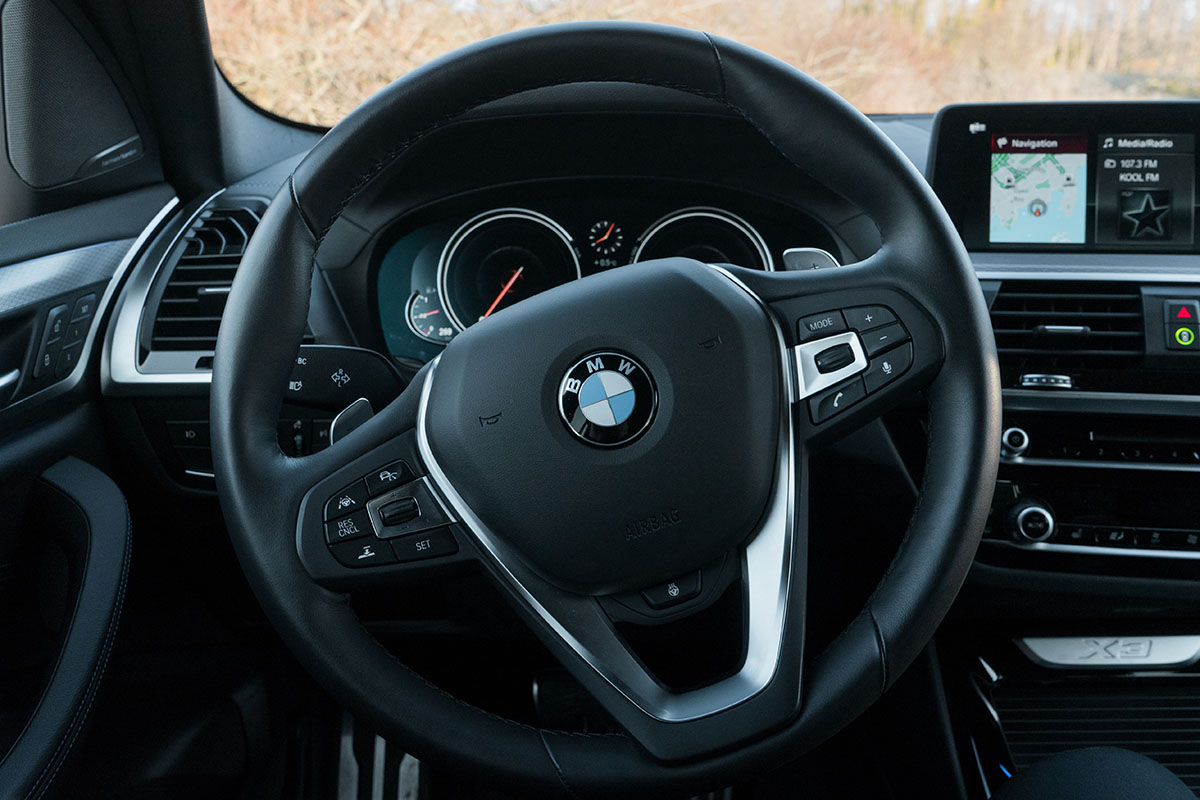The Role of Mobile Dash Cam Technology
The evolution of mobile dash cam technology has transcended its primary role in in-vehicle monitoring, expanding into a versatile tool with multifaceted applications across various industries. Initially designed for in-car surveillance, these compact devices have undergone significant advancements, transforming into multifunctional tools that significantly influence efficiency, safety, and accountability in diverse settings.
Beyond their original intent, mobile dash cams now cater to various industries, revolutionizing how businesses operate. Their compact design, coupled with multifunctional capabilities, has led to widespread adoption across sectors such as transportation, logistics, law enforcement, insurance, and personal security.
In transportation and logistics, these devices streamline fleet management, optimize routes, and monitor driver behavior, leading to enhanced safety standards and operational efficiency. In law enforcement, dash cams ensure transparency, aid in evidence gathering, and improve accountability during police interactions. Moreover, they expedite claims processing in the insurance sector and mitigate fraudulent claims by providing objective evidence.
The adaptability and multifunctionality of modern dash cams exemplify their profound impact on diverse industries, revolutionizing operational norms and reinforcing safety measures while contributing to increased accountability across various professional domains. As technological advancements continue, the scope and applications of mobile dash cam technology are poised to expand further, promising continued innovation and enhanced efficiency.
Law Enforcement and Public Safety
Dash cams have become invaluable tools for law enforcement agencies, serving many purposes such as surveillance, evidence gathering, and ensuring transparency in policing practices. These devices are pivotal in recording interactions during traffic stops, arrests, or law enforcement activities, fostering greater accountability and bolstering public safety measures.
By capturing real-time footage of police-citizen interactions, dash cams provide objective documentation that can be used as evidence in legal proceedings. This visual evidence often aids in corroborating statements, reconstructing events, and providing crucial insights into incidents, ensuring a more transparent and accountable approach to law enforcement actions.
Furthermore, dash cams promote adherence to protocols and guidelines within law enforcement. The knowledge that their actions are being recorded encourages officers to uphold professional standards during interactions, fostering a culture of accountability and ethical conduct.
Additionally, these devices deter inappropriate behavior by both officers and the public, leading to increased civility during encounters. This ultimately enhances public trust in law enforcement and the justice system.
Overall, dash cams in law enforcement significantly contribute to transparency, accountability, and the overall improvement of public safety, thereby playing an essential role in promoting trust between law enforcement agencies and the communities they serve.
Technological Advancements
The integration of cutting-edge technology, particularly AI-powered sensors and real-time alerts, has substantially enhanced the capabilities of dash cam systems, elevating their effectiveness and reliability.
As time continues more high-tech sensors will start to be integrated within dash cams. This is to enable sophisticated functionalities, allowing these devices to analyze and interpret data in real-time. These sensors can detect various parameters, such as increasing speed. If you want to know more about the functionality of dashcams, we recommend that you inquire about dashcam installation for residents of Melbourne or any other place. The sensors also detect distance between vehicles and surrounding objects, facilitating advanced safety features.
For instance, they enable collision detection by quickly identifying potential hazards or sudden braking scenarios, alerting drivers promptly to take preventive action. Moreover, real-time alerts for lane departures or imminent collisions provide instantaneous warnings to drivers, significantly reducing the risk of accidents. By leveraging machine learning algorithms, these dash cams can predict potential hazards based on patterns and data analysis, further enhancing their proactive safety measures.
Incorporating these technological advancements improves safety and adds a layer of convenience and confidence to drivers and businesses alike. These features ensure a proactive approach towards accident prevention and driver safety, fostering a more secure and efficient driving environment.
As technology evolves, the ongoing refinement and integration of AI-driven systems into dash cams promise even greater advancements, solidifying their role as indispensable tools for promoting road safety and operational efficiency across various industries.
Considerations and Concerns
Despite its multifaceted advantages, Dash cam technology raises pertinent concerns regarding privacy, data protection, and ethical use that demand careful attention for responsible implementation. The continuous recording capabilities of dash cams capture vast amounts of visual and location data, prompting concerns about the potential invasion of personal privacy.
Issues about collecting, storing, and sharing sensitive data derived from dashcams require stringent safeguards to prevent misuse or unauthorized access. Maintaining a balance between reaping the benefits of this technology and respecting individuals’ privacy rights is imperative.
Furthermore, ethical considerations come into play regarding the appropriate usage of dash cam footage. Determining the permissible scope of data usage, especially in legal proceedings or public spaces, requires clear regulations and ethical guidelines to prevent misuse or infringement of individual rights.
As these devices become more sophisticated, there’s an increased need for comprehensive legal frameworks governing their usage. Striking a balance between leveraging dash cam technology for its benefits while respecting privacy and ethical boundaries is essential for its sustained and ethical deployment across various industries. Addressing these concerns through robust regulations and ethical guidelines will ensure responsible and lawful applications, fostering public trust and maximizing the technology’s societal benefits.
Dash Cam Tech 101
Mobile dash cam technology is a cornerstone in revolutionizing efficiency and safety across diverse industries. Its adaptability and multifunctional nature underscore its pivotal significance, offering many benefits from enhancing transportation logistics to bolstering law enforcement practices and personal security measures.
The evolution of dash cam technology continually pushes boundaries, integrating advanced features like AI-powered sensors and real-time alerts, further solidifying its relevance. As it advances, the possibilities for innovation and application across sectors expand, promising enhanced productivity, safety, and accountability.
The technology’s ability to provide real-time monitoring, collect valuable data, and ensure transparency has reshaped operational norms, fostering a culture of efficiency and safety. However, ethical considerations and privacy concerns necessitate responsible implementation and regulatory frameworks to govern its usage.
In conclusion, mobile dashcam technology’s enduring impact and potential to drive efficiency, safety, and accountability are undeniable. Its innovation trajectory signals a future where this technology will continue to play an instrumental role, catalyzing advancements and shaping operational landscapes across industries.



















